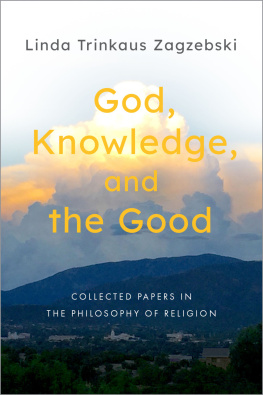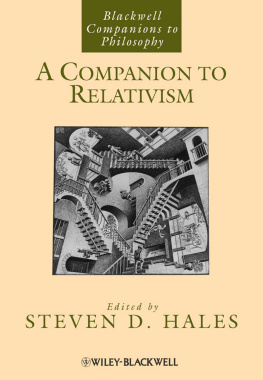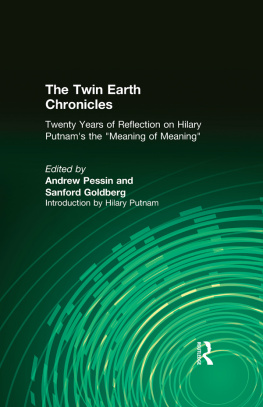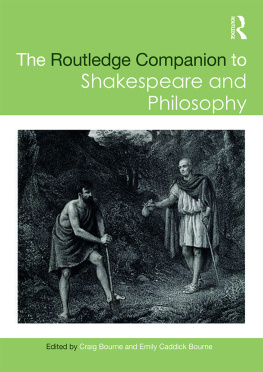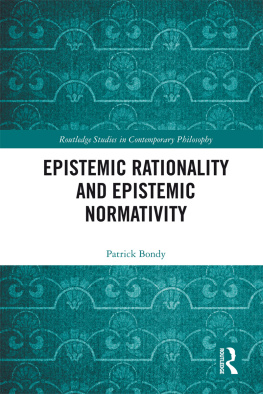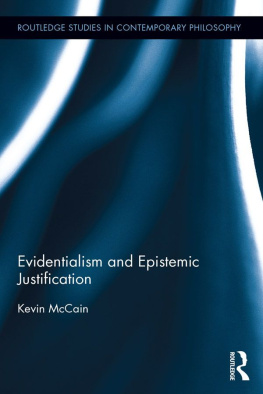Sanford C. Goldberg
(p.vii) Preface
This book concerns the speech act of assertion: what it is, and why it matters. Although the term assertion is perhaps somewhat removed from everyday talk, the phenomenon it denotes is familiar. The sort of speech act in question is the act by which we state, report, contend, or claim that such-and-such is the case. It is the act through which we tell others things, by which we inform an audience of this-or-that, or in which we vouch for something. We find it in the act in which we affirm or attest to somethings being the case. And it is present as well when we avow that this-or-that is true.
In this book I will be asking about the nature of this speech act. I do so with an eye on exploring what I will call its philosophical significance. By this I understand its relations to other philosophically interesting topics. These include topics in epistemology (testimony and testimonial knowledge; epistemic authority; disagreement), the philosophy of mind (belief; the theory of mental content), the philosophy of language (norms of language; the method of interpretation; the theory of linguistic content), ethics (the ethics of belief; what we owe to each other as information-seeking creatures); and other matters which transcend any subcategory (anonymity; trust; the division of epistemic labor; Moore-paradoxicality).
Assertion is not a new topic to philosophers. In fact, in the past two decades there has been a good deal written on the subject. For reasons that I will explore, many philosophers have become convinced that the speech act of assertion can be individuateddistinguished as the particular speech act that it isby reference to the rule (or norm) that governs acts of this type. Those who pursue this line of inquiry develop something like the following hypothesis:
Assertion is the unique speech act that is governed by a rule, to the effect that one must not perform acts of this type unless...
where we replace... with a statement of the condition that captures the content of the rule in question. Accordingly, the philosophical literature has focused on two related issues: the content of the rule (that is, what it requires of us; what fills in the... slot), and the case for thinking that the speech act of assertion can be individuated in this way. Of these, the former issuethe content of the rulehas loomed large. If you want to know what an assertion is, this line of thinking goes, it suffices to know that it is the unique speech act which is governed by a rule which requires speakers not to produce speech acts of that kind unless... (where one fills in the blanks according to ones (p.viii) favored version of the rule). Various candidate rules have been suggested: one must not assert the proposition that p unless (a) one knows that p, (b) one is certain that p, (c) one is justified in believing that p, (d) one is rational in believing that p, (e) one believes that p, or (f) it is true that p.
While the present book does attempt to contribute to the literature I have just described, this is not my main aim. On the contrary, the book emerges out of a kind of double dissatisfaction with that literature.
First, and most centrally, I worry that this literature risks obscuring the proverbial forest for the trees. My thought has always been that if assertion is the unique speech act governed by a rule requiring something in the ballpark of (a)(f), then the fact that assertion is so governed should be of great philosophical interest whatever the actual content of the rule. Underlying this thought is another idea. As a linguistic (more specifically: speech act) phenomenon, assertion is connected to all sorts of topics of philosophical interest. The underlying idea is to explore the extent to which we can explain or account for these connections by reference to the fact that assertion is governed by a rule mandating something in the vicinity of (a)(f). No doubt the particular details of the connections between assertion and these other phenomena will depend on the precise content of the norm. Still, the broad sense of assertions connectedness to these other phenomena should not. And when we see the extent to which the connections themselves can be discerned and accounted for prior to engaging in the debate over the precise content of the norm, to that very extent we will have appreciated the full philosophical significance of the hypothesis that assertion is governed by a norm. What is more, we will have made clear why it is worth devoting so much time and energy to thinking about the norm of assertion. Or so, at any rate, I think, and it is this thought that animates the present book.
This animating idea is connected to my second dissatisfaction with the current state of the literature. A good many people who advance a thesis regarding assertions norm do so on the basis of cases: thesis on the basis of the connections it enables us to discern. Insofar as these connections (between assertion and other issues of philosophical interest) can be described in an illuminating fashion in terms of the hypothesis of assertions norm, to just that extent the hypothesis earns its keep in philosophy, and to just that extent the effort to discern the precise content of that norm is a worthwhile activity.


